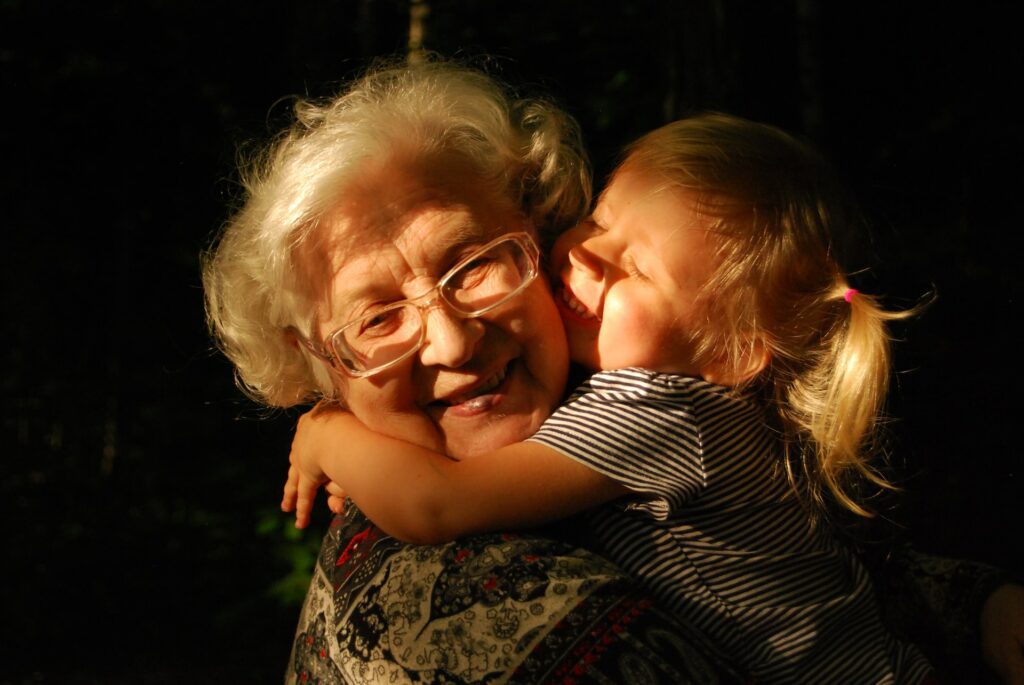15 Facts You Didn’t Know About Laughter

Laughing is an action that can be looked at physiologically, psychologically, and socially. Physiologically, we know that we laugh because our bodies release a physical reaction from our respiratory system that lets out an auditory sound similar to “ha-ha” or “he-he” (Stearns, 1972). Psychologically, we most often laugh because we are confronted with some positive emotion, such as joy or amusement. However, laughing may also be a psychological response when we are surprised or embarrassed (Gregory, 2013). And from a social context and human behavior standpoint, laughter is often triggered by positive interactions with other humans which can offer bonding, emotional intimacy, and acceptance from others (Scott et al., 2014). Laughter research suggests that the evolution of human laughter began more than ten million…







